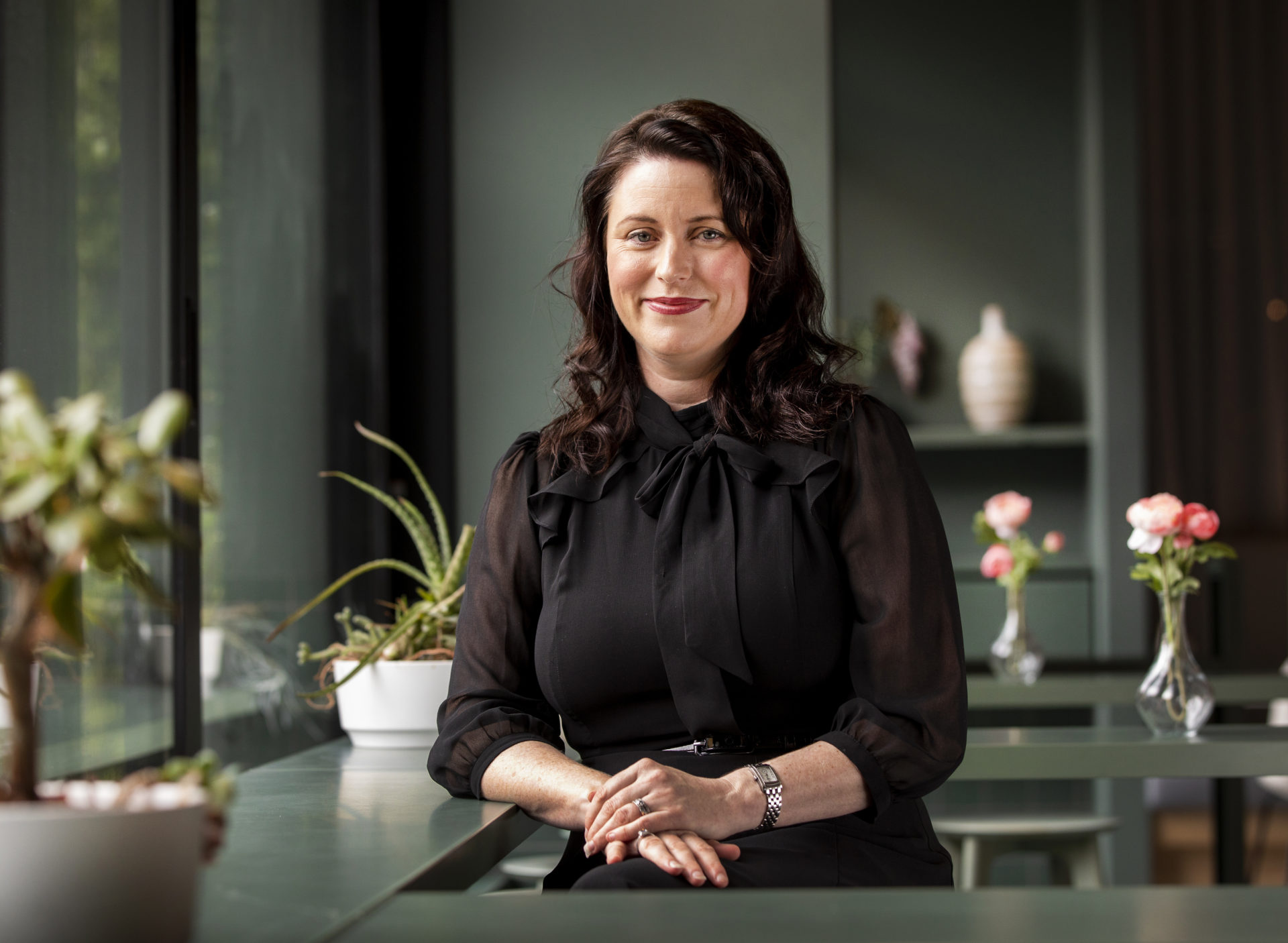The global pandemic has shifted the way we work – how we approach and conduct it, and the environments in which work exists. Lockdowns have forced a transition to working from home, and for many it has been a time of significantly higher workload and increased pressure. This has made it difficult for people to slow down in a work sense, and pushed many into ‘hustle culture’.
This term has been around for a few years now, and describes a work orientation that is always ‘on’. You are constantly working, devoting as much time as possible to it, with work being done everywhere and all the time – in the home, in cafés, on public transport, etc.
Hustle culture has been used to describe people who are ambitious ‘go getters’, working hard to achieve success. This description implies that participating in it is a choice or perhaps a part of the culture of some workplaces.
In reflecting on the past 12 months, an acquaintance recently commented to me, “I have never worked harder or felt more swallowed up by my work than I do now”. Indeed, there have been many drivers during the pandemic for people to work harder and longer than ever before. One is that people who previously considered themselves in ‘safe’ careers have realised how precarious their industries can actually be.
It has also been very difficult for people to gauge their productivity because a lot of our work has been impacted by the pandemic, and we are not working in our regular environments. This is another factor that results in us working more.
Boundaries between home and work have been significantly blurred for many, but particularly for women. In the state of Victoria, we’ve had many months of children ‘remote learning’ at home. Domestic help also ceased, and these pressures led many women to work ‘around the clock’. In interviews conducted by myself and Dr Alessandro Ghio from Monash Business School, most women described this as the most stressful, high-workload period of their professional careers, with many left feeling utterly exhausted and burnt out. Women reported working 12-plus hour days and effectively ‘donating 4.5-plus hours a day’ to their workplace, because they were not able to accrue flexitime. Many also found that the increased flexibility of working conditions was largely offset by expectations of them to be constantly online and more available. This led to the violation of boundaries and a ‘fall’ into hustle culture. We also observed a decrease in job satisfaction and an increase in turnover intentions as women were seeking more supportive workplaces.
There can be very significant consequences for people who are tied up in this culture. For instance, we would expect to see more mental health challenges, such as anxiety, more burnout and potentially also poorer workplace performance. Working longer and harder does not equate to better workplace outcomes. Hustle culture is also very difficult to sustain in the long-term and this pandemic still poses great uncertainties – we don’t know when it will end.
If the experience of hustle culture sounds familiar to you, there are strategies you can apply to get back onto a healthier track. These strategies are orientated towards developing micro-steps or micro-practices into your day. The magic of these are that they are ‘tiny’ and too small to fail.
A starting point is to identify what you want to do more of, or what you want to change. For example, I want to create a stronger boundary between work and home.
Next, you can strategise how to achieve this through the use of micro-practices or micro-steps. For example, a micro-practice I can use to end my work day is that once my computer is turned off, I say to myself ‘my working day is done’, giving myself permission to walk away.
Finally, you can embed your strategies by anchoring them to an activity. The example above uses the activity of turning off my computer as an anchor to engage in the micro-practices that signals the end of my working day.
To kickstart your journey using micro-steps, enrol in our Thriving Performance program or consider reading Your Time To Thrive.

Carly Moulang
Associate Professor, Monash University and Facilitator, Thrive Global Asia Pacific
Carly is an Associate Professor in Accounting at Monash University with 20 years experience in Higher Education. She holds a Ph.D. in management accounting and a Graduate Diploma in Psychology from Monash University. She is a CPA Australia member and a Chartered Accountant (CA ANZ). Carly's research agenda incorporates psychological research within the accounting and finance disciplines. Her multi-disciplinary research has included topics such as whistleblowing, creativity, performance management, environmental management, accounting, wellbeing and psychological capital, superannuation research and decision-making.
Carly's research has been widely disseminated via television, documentaries, podcasts, radio interviews and news articles. Her work broadly contributes towards achieving better retirement, performance and mental-health outcomes for women.
Unlock your people’s potential today
Enter your details to stay up to date with the latest news events and program updates.






